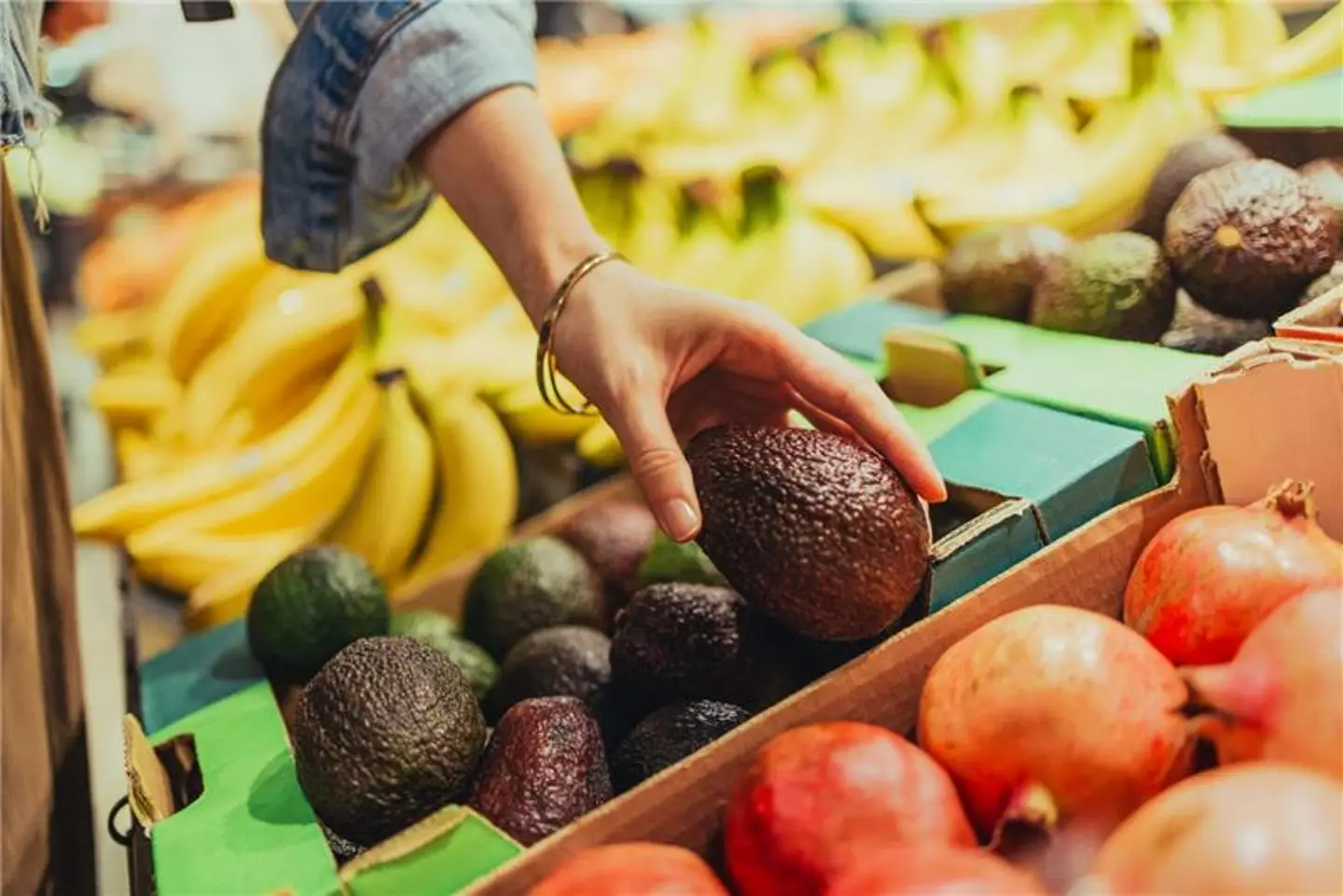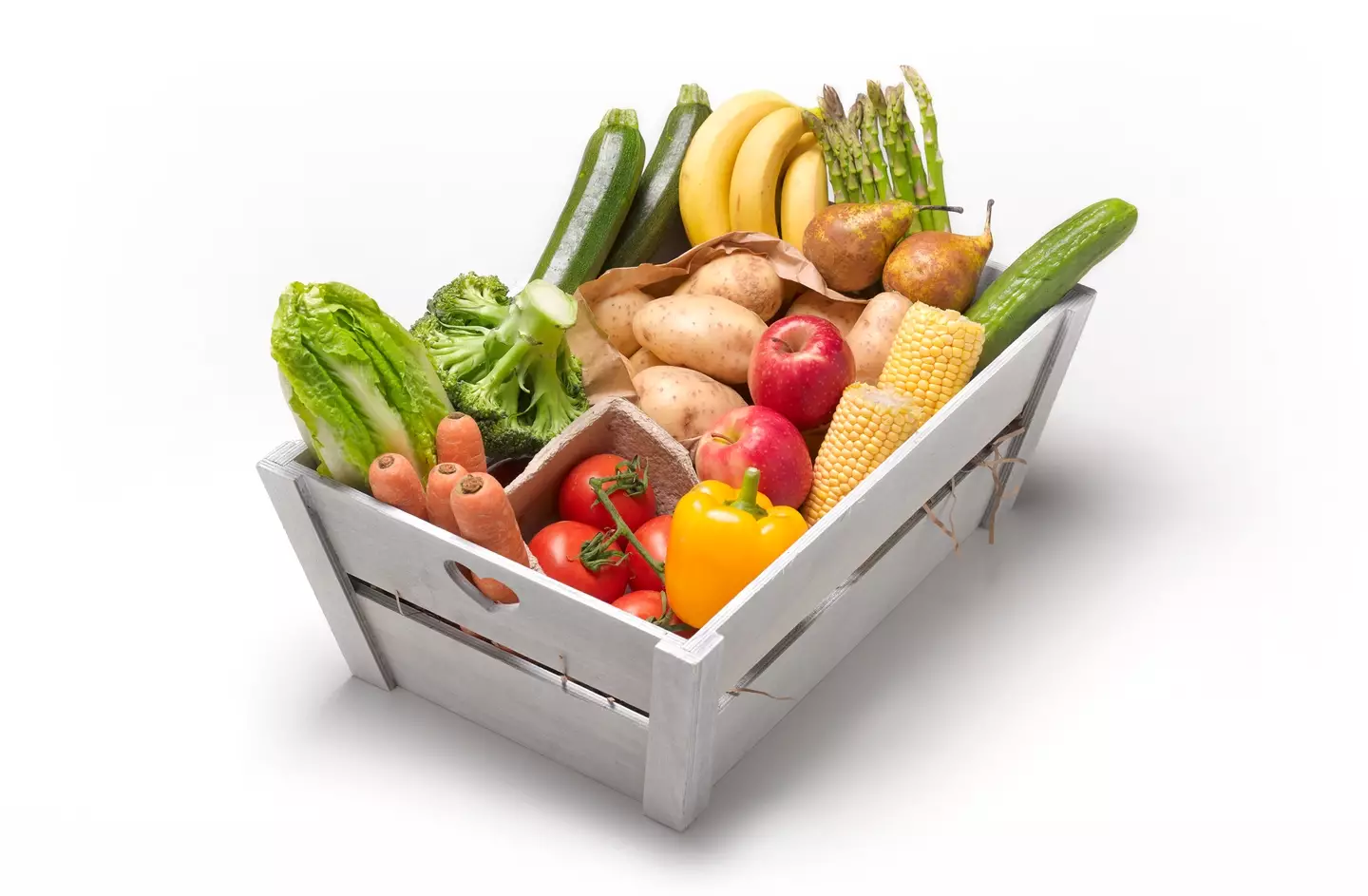
Concerns around food safety have reached a fever pitch in recent years, spurred as much by scientific evidence as by uncorroborated fearmongering on social media.
A common concern around how our food is grown comes down to pesticides and other chemicals used in farming processes. Crop yields are precious things and they’re susceptible to all manner of potential problems, with bugs being a major one.
If you’ve tried your hands at growing your own vegetables in the garden or a balcony planter, you’ve probably experienced the bug scourge first-hand.

Advert
To prevent crops from being destroyed by invasive little blighters, many farmers opt to spray them with pesticides to keep the beasties at bay.
These include pyrethroids which repel the likes of mosquitoes, spiders, gnats and ants; and neonicotinoids which ward off aphids, whiteflies and mealybugs.
Fungicides are commonly used, too.
So, why am I telling you all this? Well, per research from the US-based Environmental Working Group (EWG) and its 2025 Shopper’s Guide to Pesticides in Produce, some of those chemicals are still on fruit and vegetables when they hit shops, and a 20-second rinse doesn’t eliminate them either.
Across 47 fruits and vegetables sampled in the US, 12 were dubbed the ‘Dirty Dozen’. Those 12 consistently had trace amounts of the aforementioned chemicals on their skin, and they include:
- Spinach
- Strawberries
- Kale, collard, and mustard greens
- Grapes
- Peaches
- Cherries
- Nectarines
- Pears
- Apples
- Blackberries
- Blueberries
- Potatoes
With those, a more thorough rinse and wipe-down with a paper towel might help to get the chemicals off, but it’s nevertheless concerning that these chemicals are potentially ending up in our systems without our knowledge.
20 more fruits and vegetables sat in the middle bracket of being neither dirty not clean, but there were 15 standouts that came back squeaky clean.
They include:
- Pineapple
- Sweet corn
- Avocados
- Papaya
- Onions
- Sweet peas
- Asparagus
- Cabbage
- Watermelon
- Cauliflower
- Bananas
- Mangoes
- Carrots
- Mushrooms
- Kiwi
It’s important to remember that these samples came from the US, and there are different regulations in place there when it comes to farming practices, farming chemicals, and additives compared with the UK and EU.
Nevertheless, we also spray our crops with pesticides and fungicides here in the UK, so there’s a good chance we’re also unwittingly munching through them when we eat our locally-grown fruit and veg.

In trace amounts, it’s unlikely they’ll do us much damage, but there’s growing evidence that those same chemicals can harm both us and the environment.
To minimise your risk, be sure to wash all fresh fruit and vegetables for at least 20 seconds. You could also opt for organic produce, although evidence that organic food is better for us is inconclusive.
